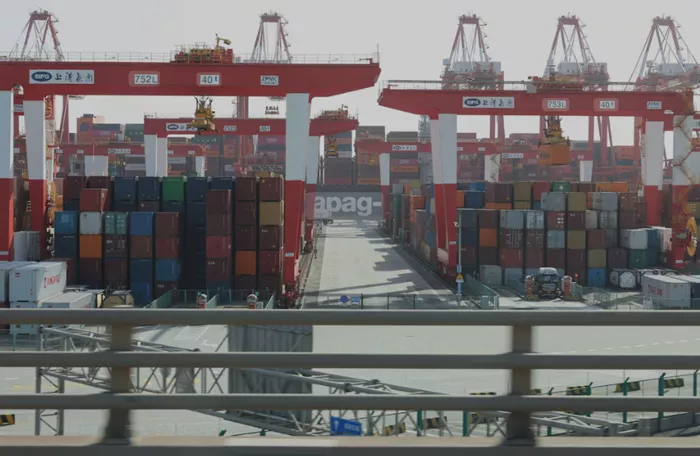China has lifted the 125 percent tariff on U.S. ethane imports, easing pressure on Chinese firms that rely on the natural gas liquid for petrochemical production, sources familiar with the matter confirmed on Tuesday.
This tariff waiver applies to a range of products and marks a notable shift in China’s trade strategy, as it seeks to mitigate the economic strain from ongoing trade tensions with the United States. The exemption comes after China imposed the hefty tariff earlier this month in retaliation to U.S. President Donald Trump’s decision to raise duties on Chinese goods.
The sources, who wished to remain anonymous due to the sensitive nature of the issue, indicated that the tariff relief was granted in recent days. However, they noted that the waiver has yet to be publicly announced. China’s Ministry of Commerce and Customs officials were unavailable for comment after office hours.
The tariff reduction is seen as a move to support Chinese importers of U.S. ethane, which is a byproduct of shale gas production in the United States. This natural gas liquid plays a crucial role in China’s petrochemical industry, and lifting the tariff should help stabilize supply chains that depend on this key raw material.
China is a major buyer of U.S. ethane, purchasing nearly half of the nation’s exports. In 2024, U.S. ethane exports reached a record 492,000 barrels per day (bpd), with projections from the U.S. Energy Information Administration (EIA) showing continued growth to 530,000 bpd in 2025 and 630,000 bpd in 2026.
The waiver follows recent reports that China has granted exemptions on other critical U.S. imports, including products in the pharmaceutical, aerospace, and semiconductor sectors, as part of efforts to soften the economic impact of its trade war with the U.S.
Ethane importers in China, such as Satellite Chemical, SP Chemicals, Sinopec, Sanjiang Fine Chemical, and Wanhua Chemical Group, will likely benefit from this tariff suspension. Meanwhile, key U.S. exporters like Enterprise Products Partners and Energy Transfer stand to gain from the continued demand in China.
As the trade dispute between the two largest economies in the world persists, the exemption signals a delicate balancing act by China to protect its industries while navigating the complexities of its ongoing trade relationship with the U.S.


